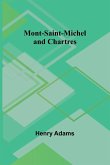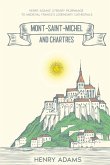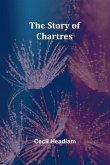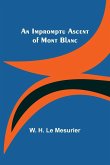The relationship, between reader and writer, of son and father, may have existed in Queen Elizabeth's time, but is much too close to be true for ours. The utmost that any writer could hope of his readers now is that they should consent to regard themselves as nephews, and even then he would expect only a more or less civil refusal from most of them. Indeed, if he had reached a certain age, he would have observed that nephews, as a social class, no longer read at all, and that there is only one familiar instance recorded of a nephew who read his uncle. The exception tends rather to support the rule, since it needed a Macaulay to produce, and two volumes to record it. Finally, the metre does not permit it. One may not say: "Who reads me, when I am ashes, is my nephew in wishes."
Hinweis: Dieser Artikel kann nur an eine deutsche Lieferadresse ausgeliefert werden.
Hinweis: Dieser Artikel kann nur an eine deutsche Lieferadresse ausgeliefert werden.








